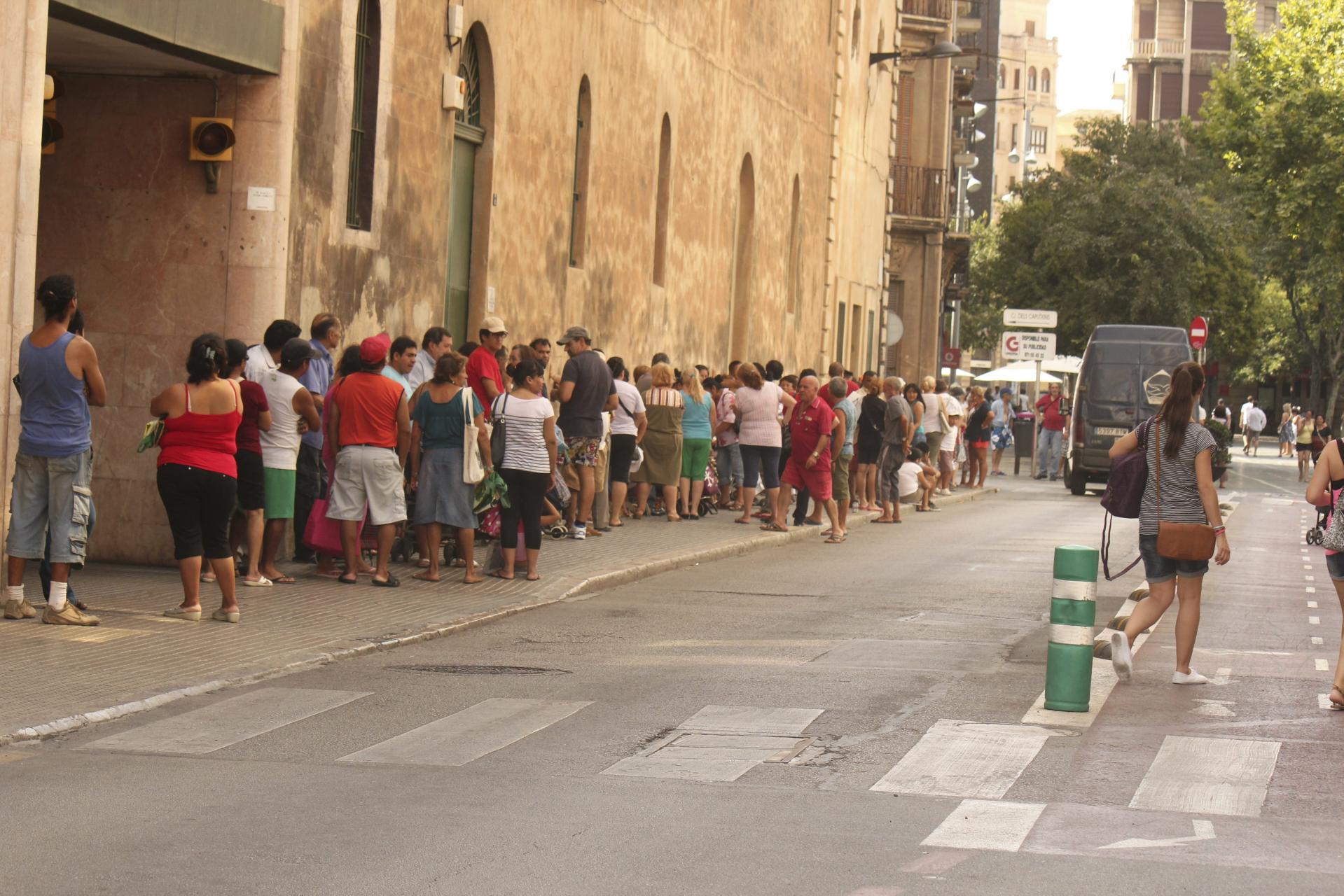
The social divide between the have and have nots is widening in the Balearics. | CLICK
Palma10/11/2021 10:58
Over the weekend I watched a very interesting report on Spanish TV about Spain’s post-pandemic spending habits.

No comments
To be able to write a comment, you have to be registered and logged in
Currently there are no comments.